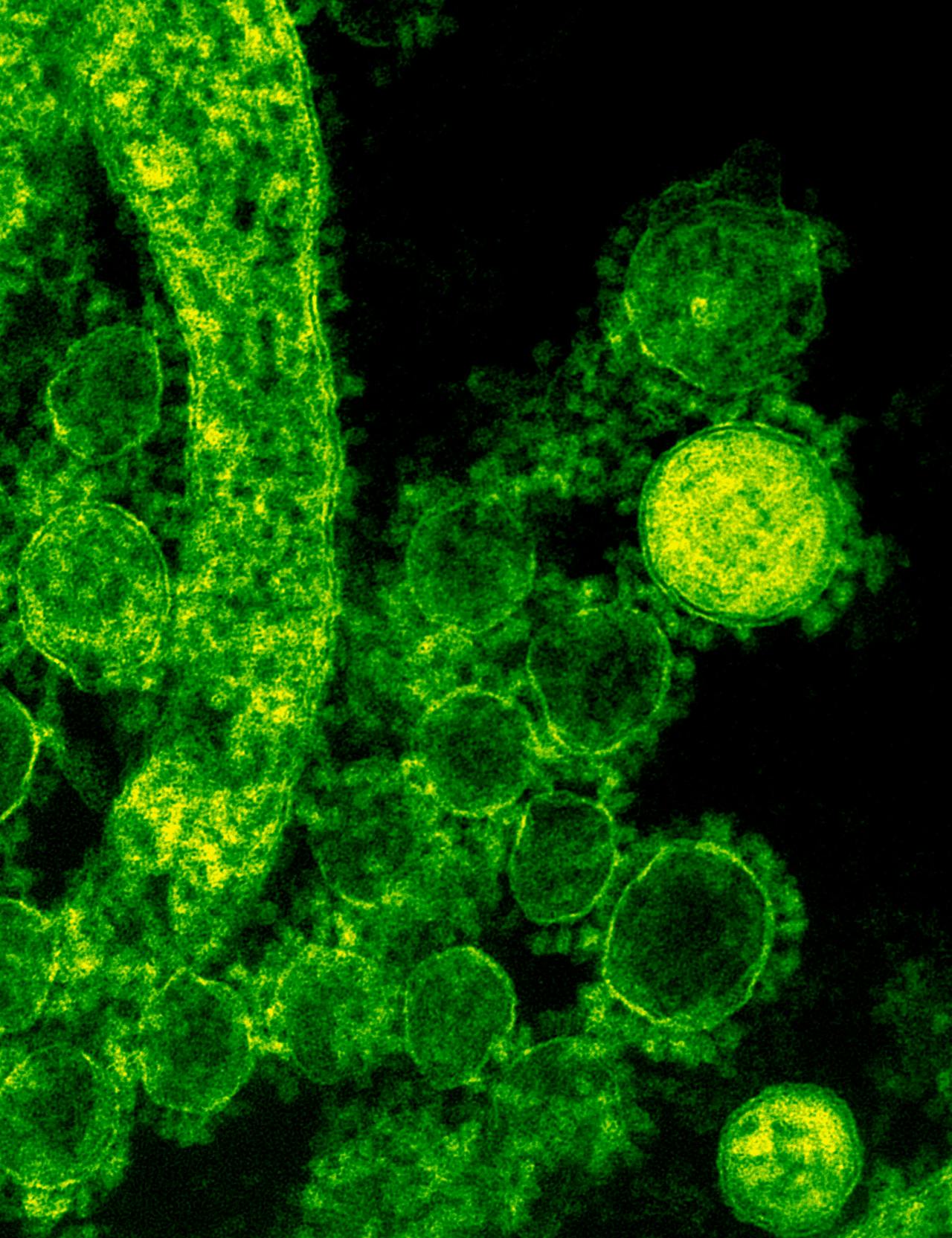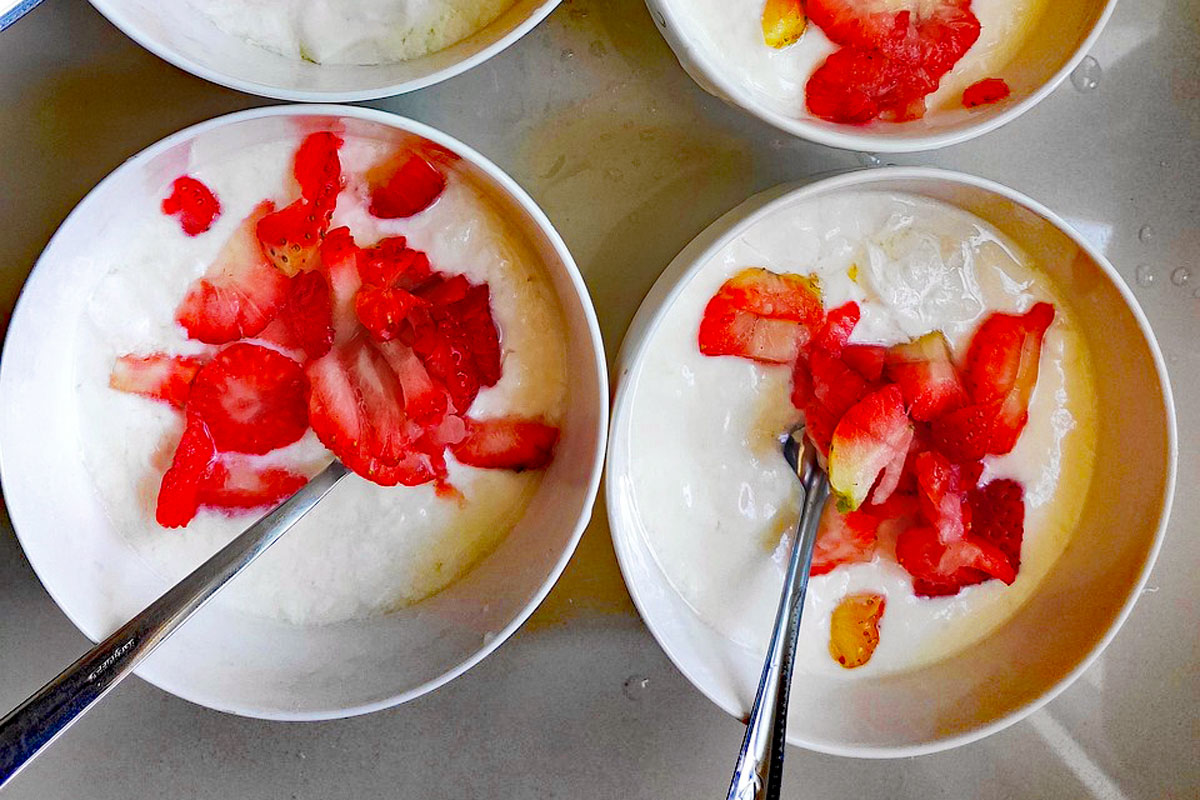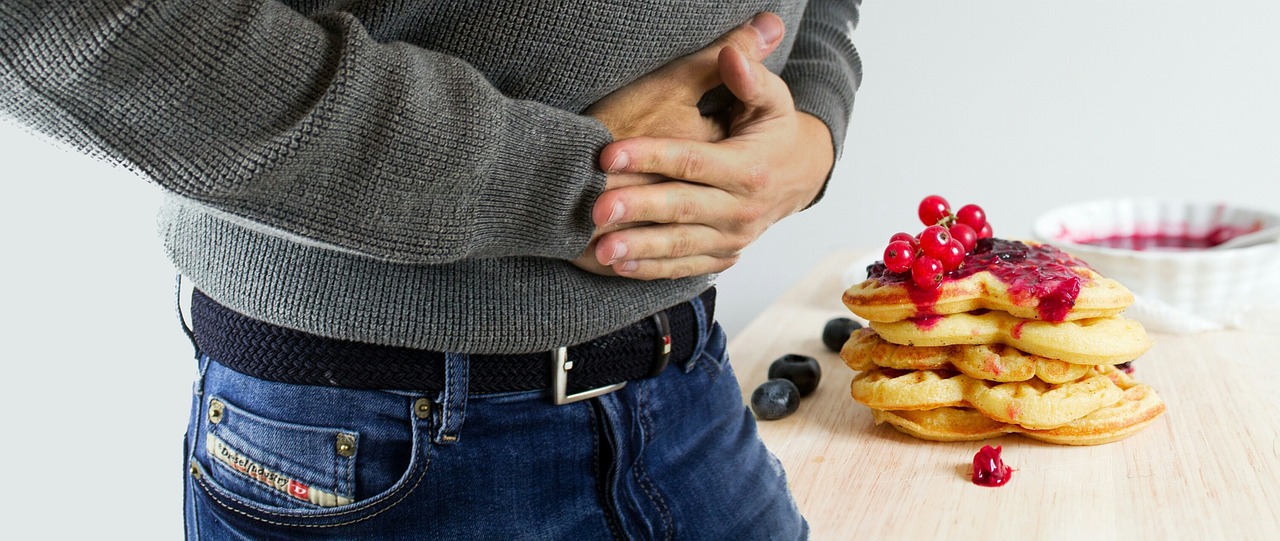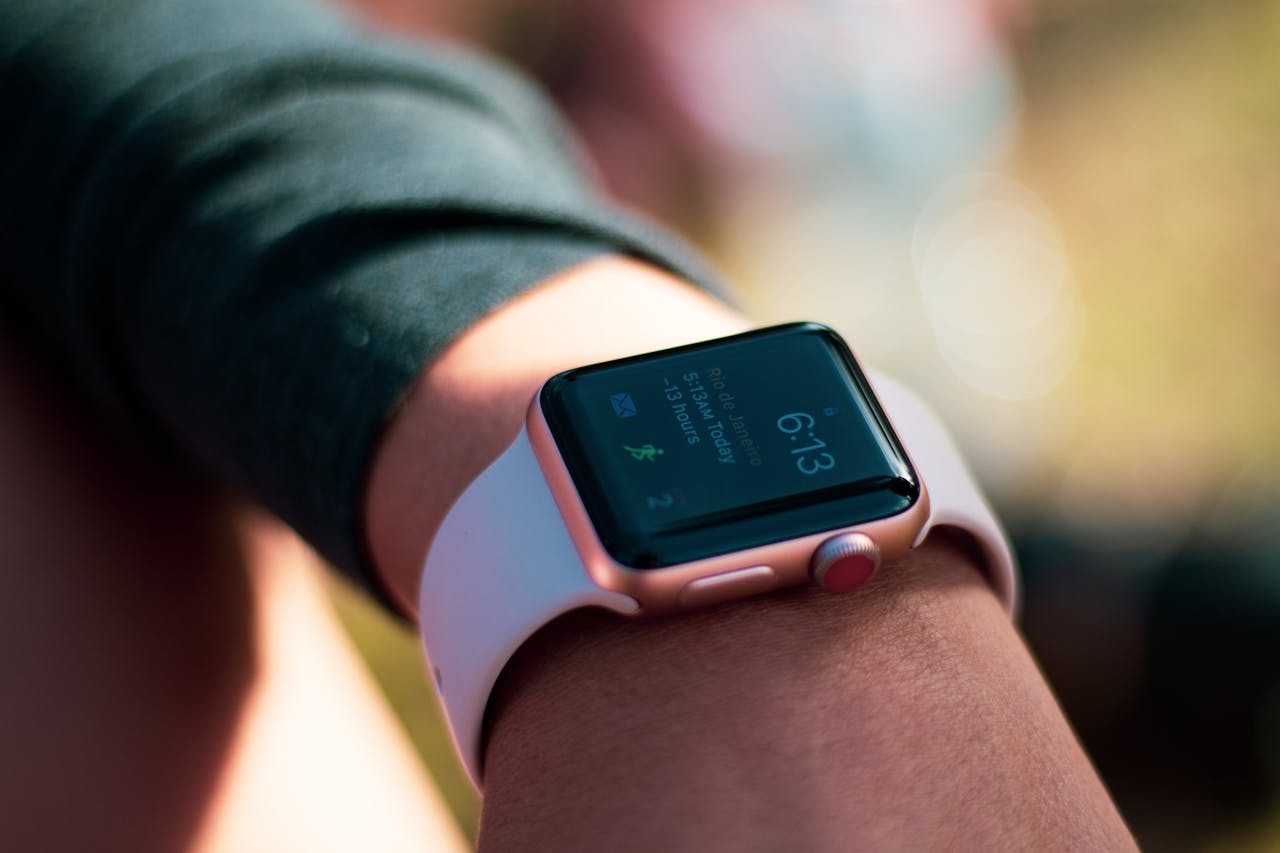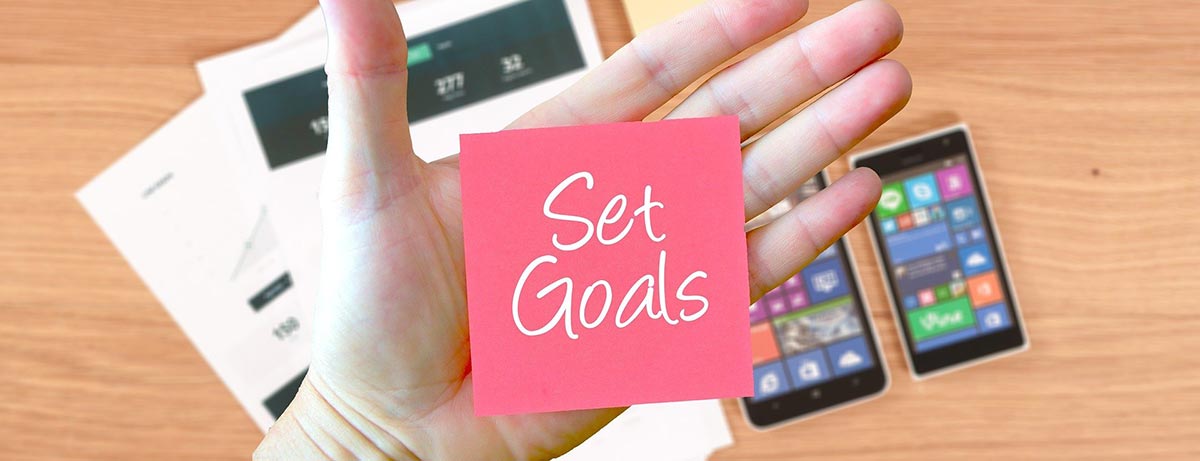Diverticulitis Diet – The Right Way To Treat Diverticulitis
Diverticultitis is a common disease of the bowel and in particular the large intestine. It involves the formation of pouches on the outside of the colon and results in one of the pouches becoming inflamed. Just in America alone you have about 50 percent of all Americans aged 60+ who have small, bulging pouches (diverticula) in their digestive system. The usual cause of the pouches forming is when pressure inside the colon builds up, typically due to constipation.
Common symptoms may include mild cramps, bloating and as mentioned above constipation. Most cases remain minor and unnoticed. If unfortunately it becomes a problem a person's waste matter and bacteria become trapped inside the pouches. Unfortunately this blockage can interfere with the blood supply to the area and infection sets in. The tissue then becomes inflamed or infected, and in severe cases may even rupture. An attack of diverticulitis can result in fever, pain and tenderness around the left side of the lower abdomen.
Abdominal muscles may spasm due to the infection and irritation of nearby tissues within the abdomen. Of all the diverticulitis about 25 percent of patients will experience some rectal bleeding, although rarely it becomes too severe. Diverticulitis is three times more likely to occur in the left side of the large intestine, and men are three times as likely as women to suffer from diverticulitis.
In order to prevent or slow down the progression of the diverticultitis disease there are dietary measures that can be taken and certain approaches you can take.
- Eat more fiber - Fruits and vegetables and whole grains are examples of high fiber foods. By targeting high fiber foods in your diet when you are passing waste through your colon it will be quicker as the waste has been softened. Don't add excessive fiber or add too much fiber too quickly in your diet as you might experience bloating, abdominal discomfort and gas.
- What foods should you not be eating regularly? Nothing is forbidden by the Diverticultitis Diet, but foods that should be avoided include processed food - such as fried food, meat, processed white flour - such as white bread, nuts, and seeds.
- Drink plenty of fluids - Fiber will absorb water from your body and therefore increases the softness in your bulky waste in your colon. The problem is if you don't consume enough fluids then the fiber can be constipating.
Besides the diet there are other factors that can help prevent and slow down the progression of diverticultitis:
- Respond to bowel urges - Don't delay going to the bathroom in any cases as this can lead to harder stools that require more force to pass and increased pressure within your colon.
- Exercise regularly - Normal bowel function and reduction of pressure inside your colon can be promoted by regular exercise. A good program of at least 30 minutes on most days is adequate.
About The Author: Michael Ward is the business owner of Australia's leading fitness equipment store called Unbeatablefitness.com.au.









